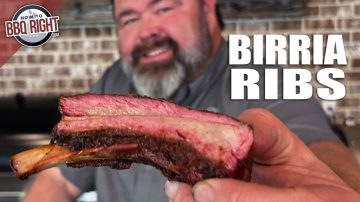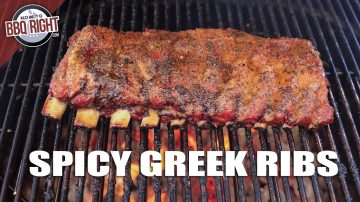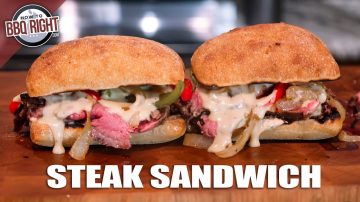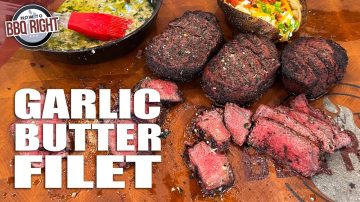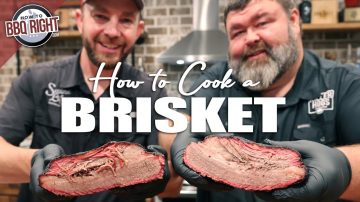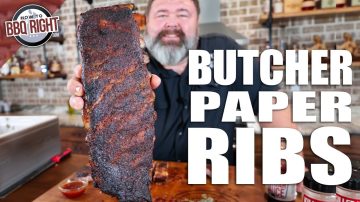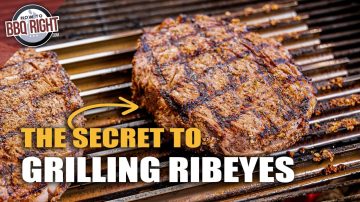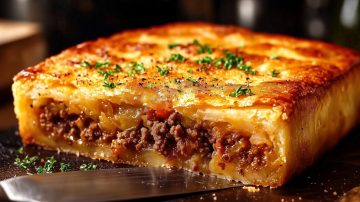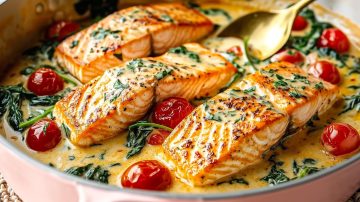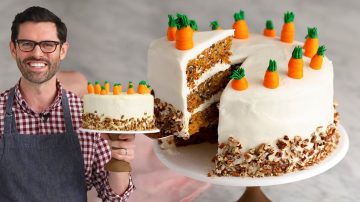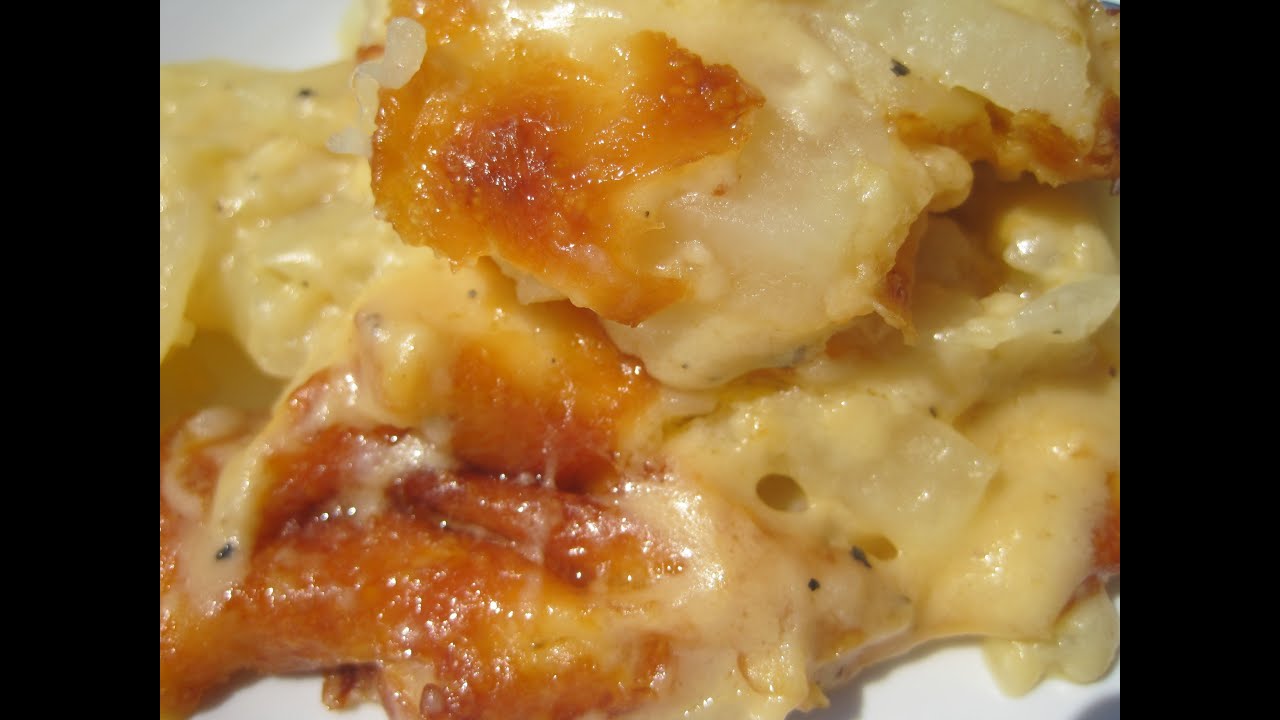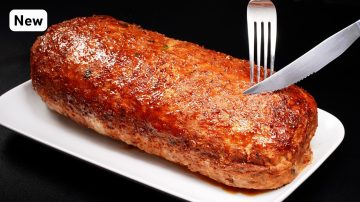Everything You Need To Know About Cooking Ribs
Recipe Overview
Overview
Cooking ribs can seem daunting, but with the right techniques and tips, anyone can master this BBQ staple. The video dives deep into the selection of ribs, emphasizing the importance of choosing the right cut, whether it be loin back or St. Louis spare ribs. The presenters share their insights on what to look for in the meat counter, such as tight packaging and consistent weight for even cooking.
Once you’ve selected your ribs, the preparation begins. Removing the membrane is a crucial step that many overlook, as it allows the seasoning to penetrate the meat better. The presenters recommend a simple seasoning approach, using a dry rub that complements the natural flavors of the pork. They also discuss the importance of resting the ribs after cooking to ensure they remain juicy and tender.
Throughout the video, viewers are treated to a wealth of knowledge on cooking techniques, including the benefits of wrapping ribs in butcher paper versus foil. The discussion on finishing techniques, such as glazing with sauce and the timing of adding wood chips for smoke flavor, provides valuable insights for both novice and experienced cooks. By the end of the video, you’ll feel confident in your ability to create delicious, tender ribs that are sure to impress at any gathering.
Recipe Details
Steps & Tips
Rest the ribs for at least an hour after cooking.
Spritz the dry ribs with water and apply dry rub before serving.
Glaze the wet ribs with sauce and return them to the pit for final cooking.
Tip: Rest ribs for at least an hour to allow juices to redistribute.
Tip: Use wood chips during the final minutes of cooking for added smoke flavor.
Tip: Look for ribs with a tight seal to avoid oxygen exposure.
Tip: Plan your rib size to ensure even cooking.
Bust the ribs out of the packaging and remove excess moisture with paper towels.
Take off the membrane from the back side of the ribs using a paper towel.
Tip: Removing the membrane allows seasoning to penetrate the meat better.
Trim excess fat and uniform the thickness of the ribs.
Tip: Leave some fat on the ribs for moisture and flavor.
Season the ribs with your chosen rub on all sides.
Tip: Let the ribs sweat for about an hour after seasoning for better flavor absorption.
Let the seasoned ribs sit for about an hour before cooking.
Tip: Using a binder can help coarser rubs stick better to the ribs.
Cook the ribs on the pit at 250-275°F.
Tip: Cook ribs at 250-275°F for the best tenderness.
Wrap the ribs in butcher paper or foil after 2-2.5 hours of cooking.
Tip: Learn your pit's temperature preferences for optimal cooking.
Vent the foil after cooking to let steam escape.
Tip: Avoid using sweet ingredients in mops or baste to prevent burning.
Tip: Wrap ribs in butcher paper for better texture and moisture retention.
Ingredients
Nutrition
Skill Level
Frequently asked questions
Below you will find answers to the most common questions about this recipe.
Got a Recipe Question? Ask Away!
Interesting Tidbits
- •Choosing the right type of rib, such as loin back or St. Louis spare ribs, can significantly affect the cooking outcome.
- •Removing the membrane from the back of the ribs allows for better seasoning penetration.
- •Resting ribs after cooking helps redistribute moisture and enhances tenderness.
- •Using a binder like mustard or hot sauce can help seasonings adhere better to the ribs.
- •The ideal cooking temperature for ribs is between 250°F and 275°F for optimal tenderness.

